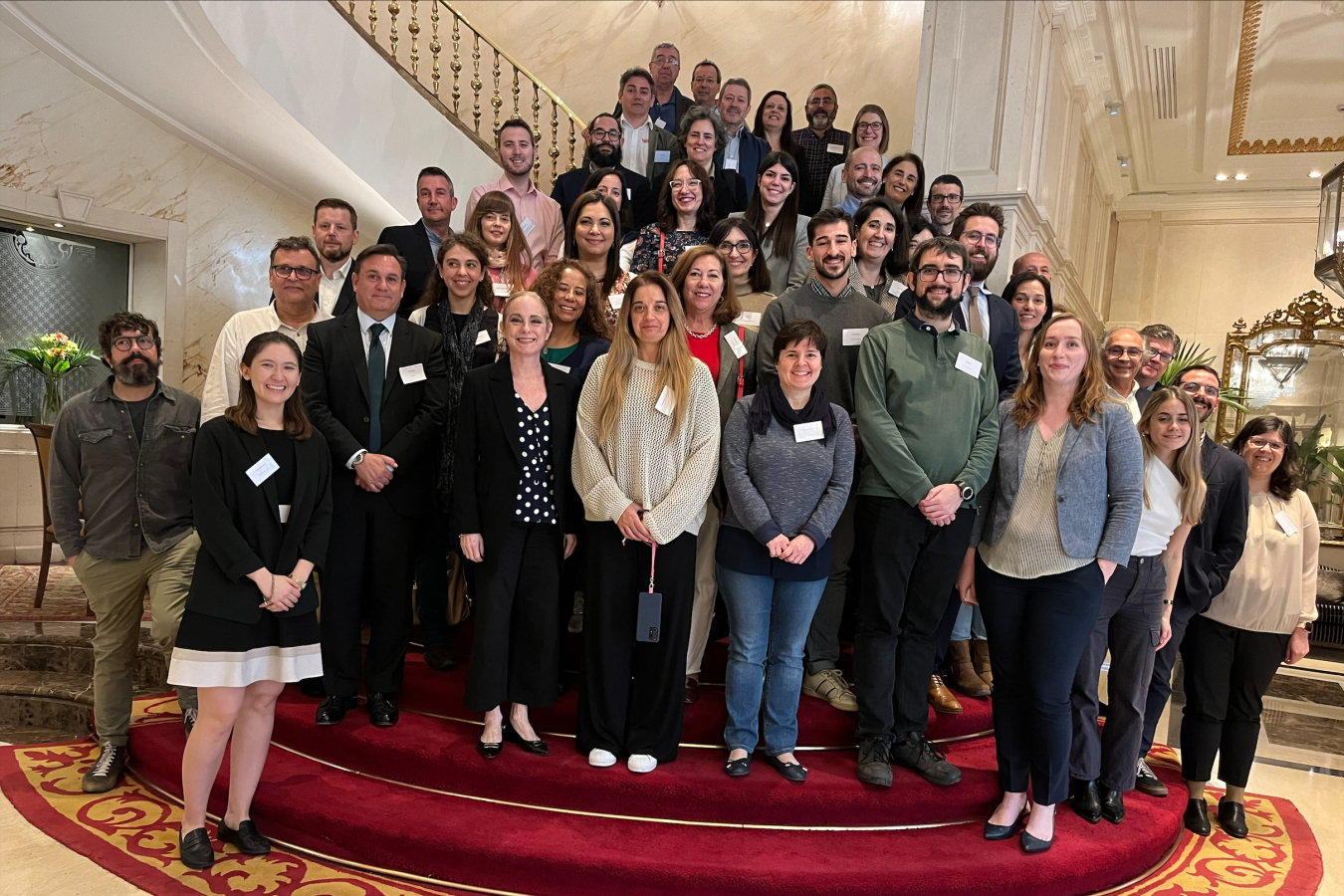Last month, NNSA’s Office of Radiological Security hosted a workshop in Madrid to promote the benefits of transitioning from high-activity cesium-137 irradiators to X-ray technology.
National Nuclear Security Administration
April 30, 2024
Last month, NNSA’s Office of Radiological Security (ORS) hosted a workshop in Madrid to promote the benefits of transitioning from high-activity cesium-137 irradiators to X-ray technology.
We value our partnership with Spain and Portugal and our continued work together to replace cesium-based irradiator devices with X-ray technology and achieve permanent risk reduction on the Iberian Peninsula.
“Increasing the use of alternative technologies, such as X-rays, reduces radiological risk by limiting the availability of radioactive materials that could be used in acts of terrorism,” said Kristina Hatcher, International Program Director for ORS. “We value our partnership with Spain and Portugal and our continued work together to replace cesium-based irradiator devices with X-ray technology and achieve permanent risk reduction on the Iberian Peninsula.”
In addition to eliminating radiological risks posed by high-activity cesium, X-ray devices offer significant blood throughput, which means more blood can be irradiated in less time than with the older cesium devices. The ability to provide ready-to-use transfusable blood could be lifesaving.
Furthermore, X-ray is an effective alternative to radioactive sources for research. While many users of research irradiators have been unsure if switching to X-ray during a research study will impact the interpretation of their data, ORS supports comparison studies for researchers to confirm their hypotheses, establish baseline effects, and ensure data reproducibility.
Participants from 15 different research and blood irradiator facilities from Spain and Portugal attended the workshop along with representatives from the Portuguese Environment Agency and the Spanish Nuclear Safety Council.
Speakers from Albania and the United States discussed their experiences transitioning from cesium to X-ray from both blood irradiator and research perspectives.
A similar workshop will be hosted in Greece later this year.
The ORS mission is to enhance global security by preventing radioactive materials from being used in acts of terrorism. ORS works with government, law enforcement, and businesses across the globe to protect radioactive sources used for medical, research, and commercial purposes; removes and disposes of disused radioactive sources; and reduces the global reliance on radioactive sources through the promotion of non-radioisotopic alternative technologies.

